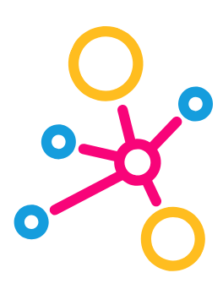 3A1. Imaginate: The Brainstorm Think Thank
3A1. Imaginate: The Brainstorm Think Thank
To make choices within a world of constraints, we need smarts, but we also need the other thing: imagination. This session invites participants to take a momentary break from gloomy headlines, tight budgets and timeline pressures to unleash their creativity and generate a little storm of ideas. If you had the resources, what one thing would you do to make evaluation work (even) more strategic and influential? Let’s go big blue sky, moonshot, throw some proverbial spaghetti at the wall. Weird takes and wild ideas welcome, whether low or high-tech, from nifty tweaks to game-changing shake-ups. Through this playful, zero-pressure, participatory think thank session, let’s gather our most colorful dreams as evaluators. Using a 1-2-4-All structure, we’ll start solo, pair up, team up, share and upvote ideas as a group – this session is also an opportunity to talk facilitation and brainstorming techniques. Expect lively and cheerful conversations. The goal is to leave inspired. And who knows, maybe some of our wildest aspirations are not that unrealistic after all…
Marie-Philippe Lemoine, Evaluation Manager, Agriculture and Agri-Food Canada
Marie-Philippe Lemoine is a credentialed evaluator at Agriculture and Agri-Food Canada. She is a co-host of the Generative AI for evaluation Share and Learn community and perpetually oscillates between curious enthusiasm and deep scepticism on AI. She lives in Montreal and previously worked at La Maison de l’innovation sociale (la MIS) and with the private consulting firm Goss Gilroy Inc. She is partial to cookies, speculative fiction and unaided stargazing.

